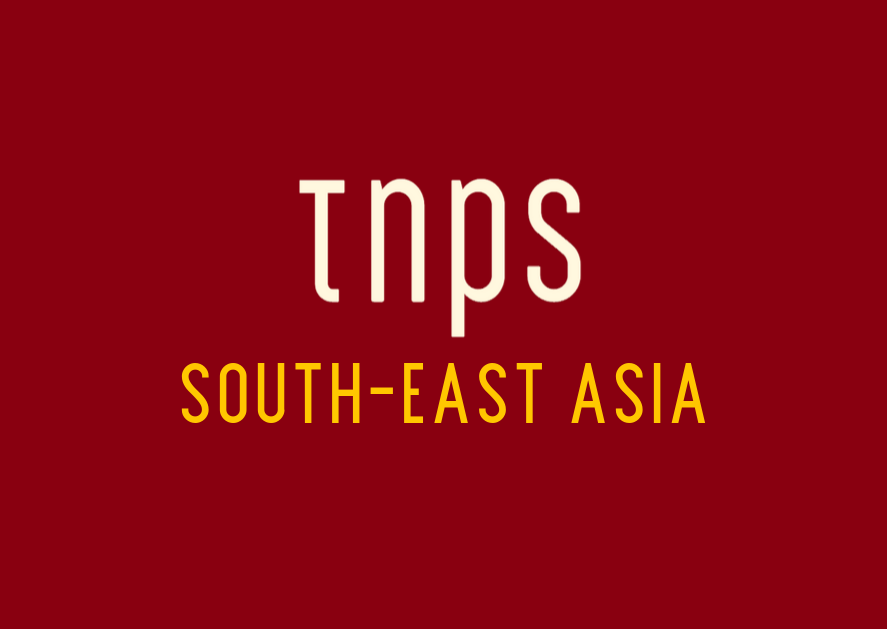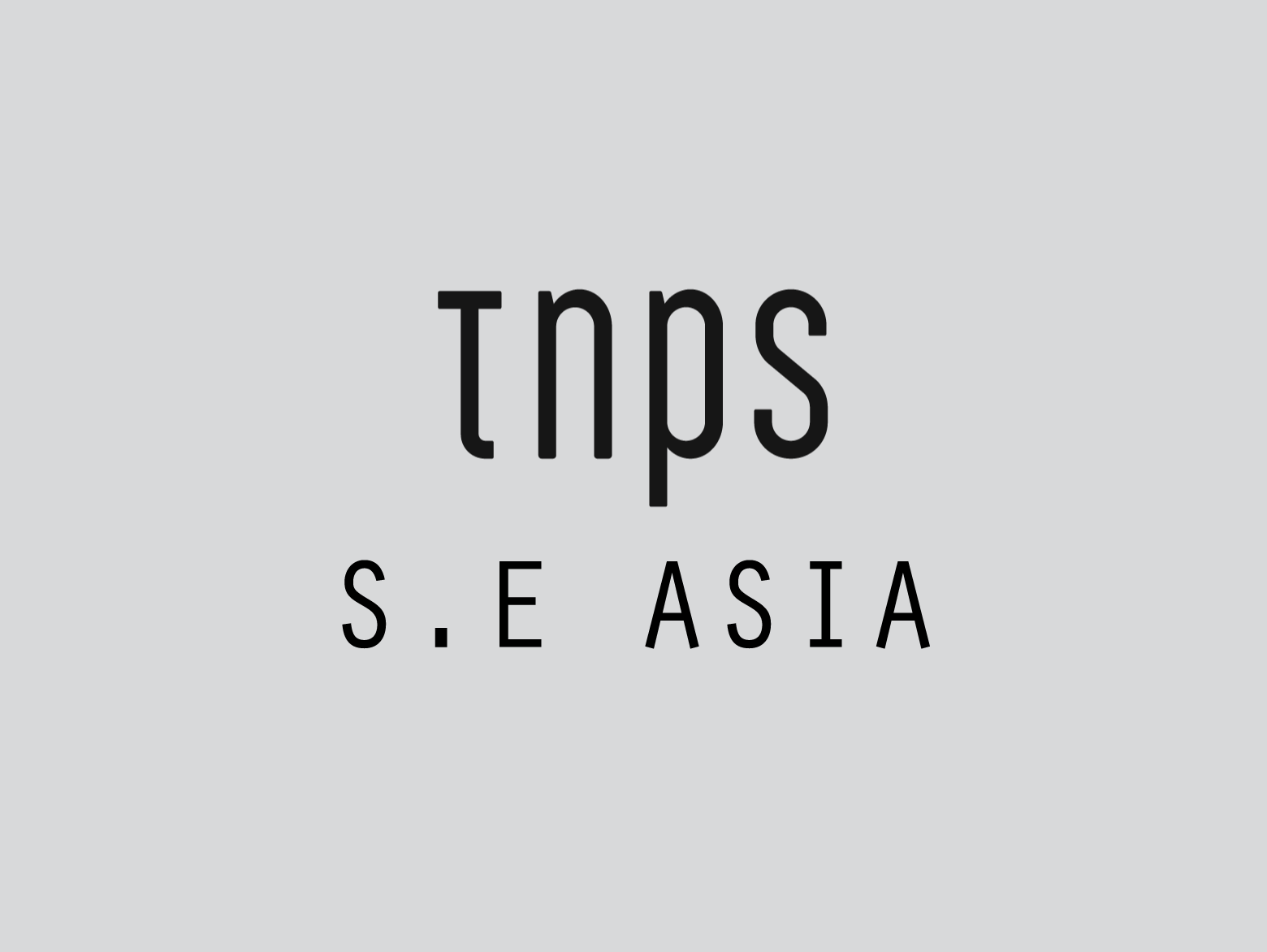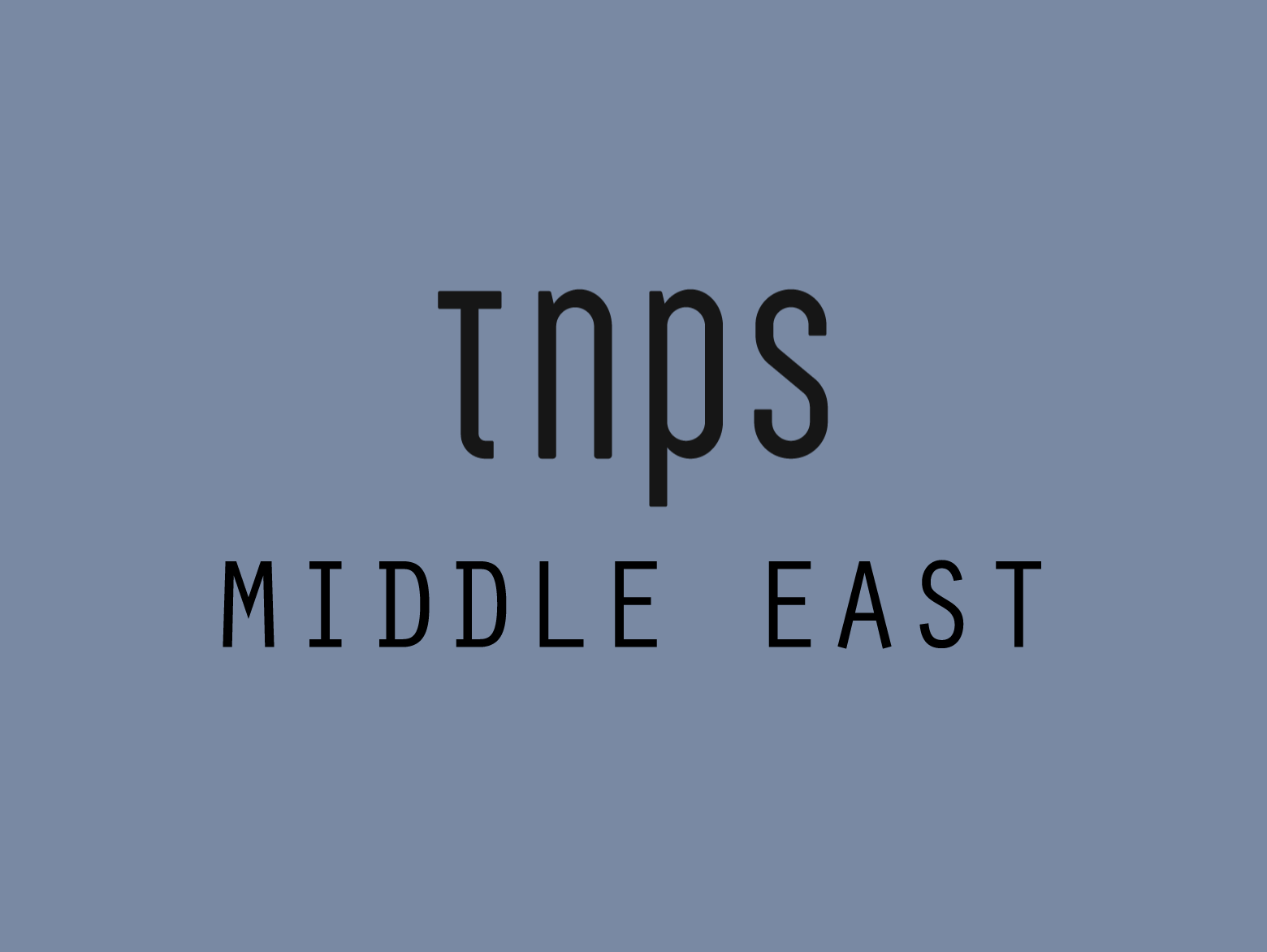One of the unexplored intrigues in modern publishing is how western publishing uses remaindered outlets like BooksXcess to produce way more books than they can ever hope to sell in the home markets at regular price.
The recent three-day book giveaway by BookXcess in Malaysia captured national attention, as thousands of eager readers queued for hours to claim free books.
BooksXcess, parent company of Big Bad Wolf, specialises in buying “remaindered” books from western publishers. I use the term “remaindered” loosely, as it is inconceivable this volume of books would ever be published in the hope of being sold or remaindered. One of the unexplored intrigues in modern publishing is how western publishing uses remaindered outlets like BooksXcess to produce way more books than they can ever hope to sell in the home markets at regular price.
But let’s stick with the Malaysia story today, because the BooksXcess event not only highlighted the enduring appeal of physical books but also reignited discussions about accessibility and the reading culture in Malaysia.
The Reading Reality in Malaysia
Dr Ghazali Mohamed Fadzil, President of the Librarians Association of Malaysia, said the overwhelming response was not surprising. He stressed that Malaysians do read, particularly printed books, which remain more popular than digital formats (possibly because fewer digital editions are available).
Libraries: A Network in Need of Visibility
Malaysia boasts an extensive network of approximately 13,000 libraries. However, public perception often points to limited access, particularly in smaller towns. Dr Ghazali acknowledged that while libraries are not hidden, their locations may be less convenient for some communities.
He advocated for upgrading libraries and expanding their reach, including placing them in shopping malls and urban centres. Notable examples include libraries in Kota Kinabalu International Airport and even a petrol station in Perlis.
Innovative Solutions for Modern Challenges
To address evolving needs, Dr Ghazali suggested exploring sustainable models such as 24-hour sections in academic libraries with public access. He also highlighted the importance of informal reading initiatives, such as community events like “Read in the Park,” which foster engagement at the grassroots level. Additionally, he urged librarians to leverage social media platforms strategically to promote reading and library services.
Read more at Malaysia’s The Sun.
This post first appeared in the TNPS LinkedIn newsfeed.




